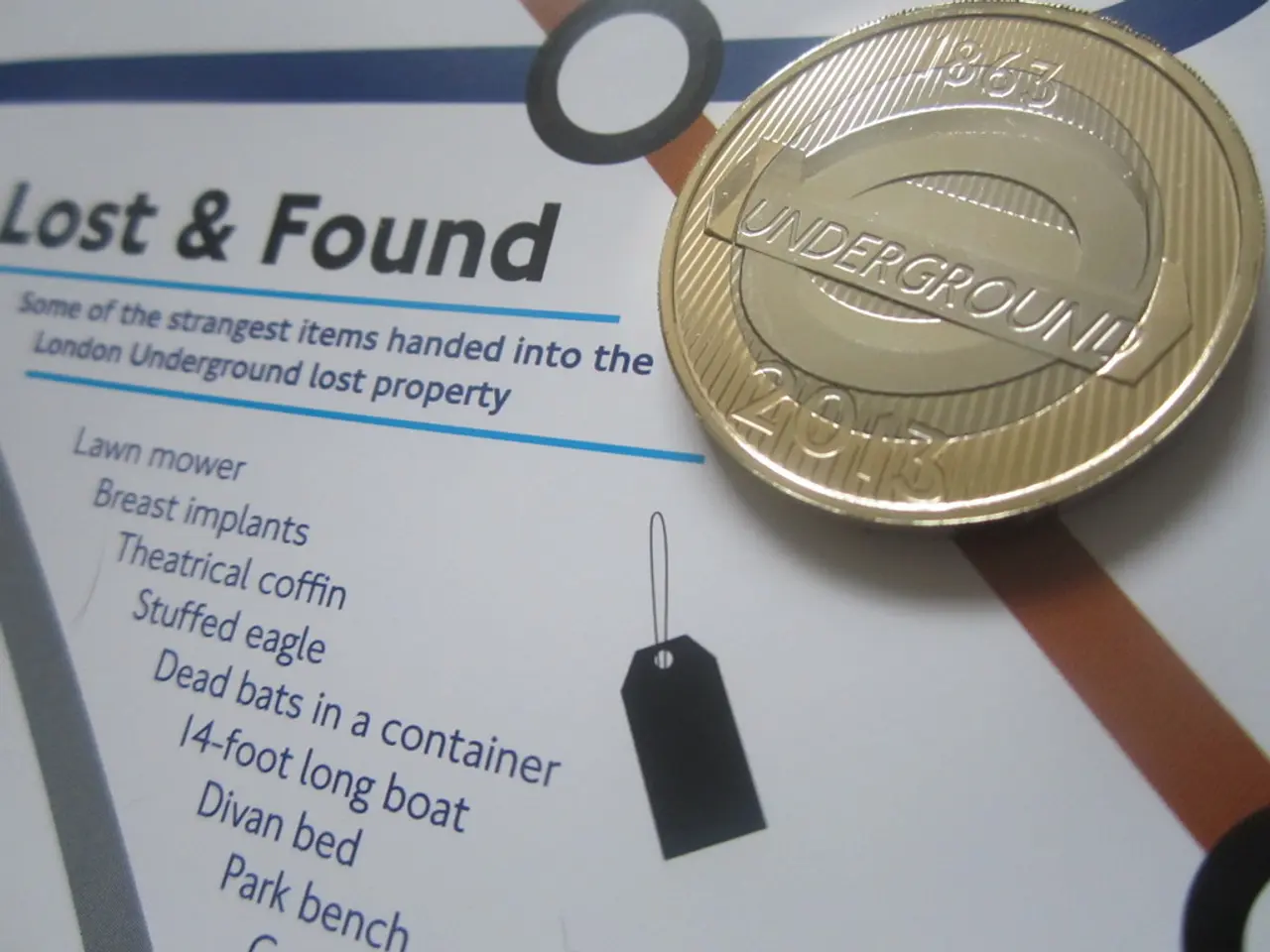International Organizations Call for Greater Transparency in Power Purchase Agreements
In the bustling world of Ghana's electricity sector, there's a looming financial crisis that demands immediate attention and a more open approach to contracting Power Purchase Agreements (PPAs). The consensus stemmed from a thought-provoking dialogue organized by the Institute of Economic Affairs (IEA), under the theme "PPA Transparency can help build Ghana's Power sector and protect its finances."
Participants at the forum, including Samuel Atta Akyea, chairperson of Parliament's Select Committee on Energy and Mines, had diverse perspectives on the necessity of a dedicated legal regime to tackle the matter. Atta Akyea advocated for a competitive bidding system for the power sector, ensuring that the end-users don't get short-changed. "Any such arrangements must be situated within a legal regime," he said.
On the other hand, Independent Power Producers (IPPs) weighed in on the excess capacity generation and the associated costs due to the take-or-pay model. Elikplim Apetorgbor, the IPP spokesperson, explained that current electricity capacity is based on the Electricity Company of Ghana's (ECG) assessment of future demand. The problem, Apetorgbor suggested, is that ECG struggles to expand its market, which clouds the negotiations of unsolicited proposals with secrecy.
He urged stakeholders, including the government and players along the electricity value chain, to bring clarity to these arrangements. Apetorgbor pointed out the Public Procurement Authority (PPA) could do more to ensure transparency in power procurement activities if given the opportunity, especially through collaboration with the Ministries of Energy and Finance.
Moreover, Apetorgbor suggested that the high number of PPAs signed over the last decade was partly due to the policy focus on making Ghana the sub-region's electricity hub. He also emphasized the importance of increased onsite monitoring, evaluation, and audit exercises during the lifecycle of agreements by the Energy Commission.
Deputy Director-General at the Internal Audit Agency, William Offei-Mensah, argued that the existing public procurement framework provides enough guidance, with the missing element being dispassionate enforcement of the legal provisions.
Interestingly, a joint inquiry conducted by the IEA and Energy for Growth Hub, Washington DC, revealed that Ghana currently has 32 active PPAs for the provision of electricity generation, with 14 in operation or near-operation and a total installed power generation capacity of 2,825 megawatts (MW).
Alarmingly, most details regarding these contracts remain hidden from the public, making it impossible to evaluate their viability or understand their fiscal implications. This secretive nature also hampers the understanding of their collective effects on the cost, stability, and sustainability of the broader power system.
To address this crisis, experts have recommended renegotiating unbalanced legacy PPAs, enhancing transparency, and improving competitiveness in future procurement. The government's introduction of a petroleum levy is another step towards stabilizing energy finances, but its success hinges on transparent administration and prompt payments to suppliers, ultimately bolstering investor confidence and reducing financial strain.
In Africa, Ghana stands out for its efforts to improve PPA transparency with its public contract register, but the fight is far from over. As warrants further reforms to ensure financial sustainability and fairness in electricity pricing, critics have called for greater openness and stakeholder participation. Boosting transparency and renegotiating legacy PPAs are vital steps towards overcoming Ghana's power sector's deep financial challenges.
- The financial crisis in Ghana's electricity sector, discussed in a forum organized by the Institute of Economic Affairs (IEA), highlights the need for transparency in Power Purchase Agreements (PPAs) to protect the industry's finances and build a sustainable power sector.
- Samuel Atta Akyea, chairperson of Parliament's Select Committee on Energy and Mines, proposed a competitive bidding system for the power sector to ensure fairness, especially in negotiations with Independent Power Producers (IPPs).
- IPPs, such as Elikplim Apetorgbor, raised concerns about excess capacity generation and associated costs due to the take-or-pay model, suggesting that lack of market expansion by the Electricity Company of Ghana (ECG) obstructs negotiations of unsolicited proposals.
- Apetorgbor advocated for increased transparency in power procurement activities, calling for the Public Procurement Authority (PPA) and Ministries of Energy and Finance to work together to ensure fair and open negotiations.
- The joint inquiry conducted by the IEA and Energy for Growth Hub revealed that Ghana has 32 active PPAs for electricity generation, with most details about these contracts hidden from the public, making it challenging to evaluate their viability or understand their fiscal implications.
- To address the crisis and ensure financial sustainability in Ghana's power sector, experts recommend renegotiating unbalanced legacy PPAs, enhancing transparency, and improving competitiveness in future procurement, in addition to transparent administration and prompt payments to suppliers to boost investor confidence and reduce financial strain.







